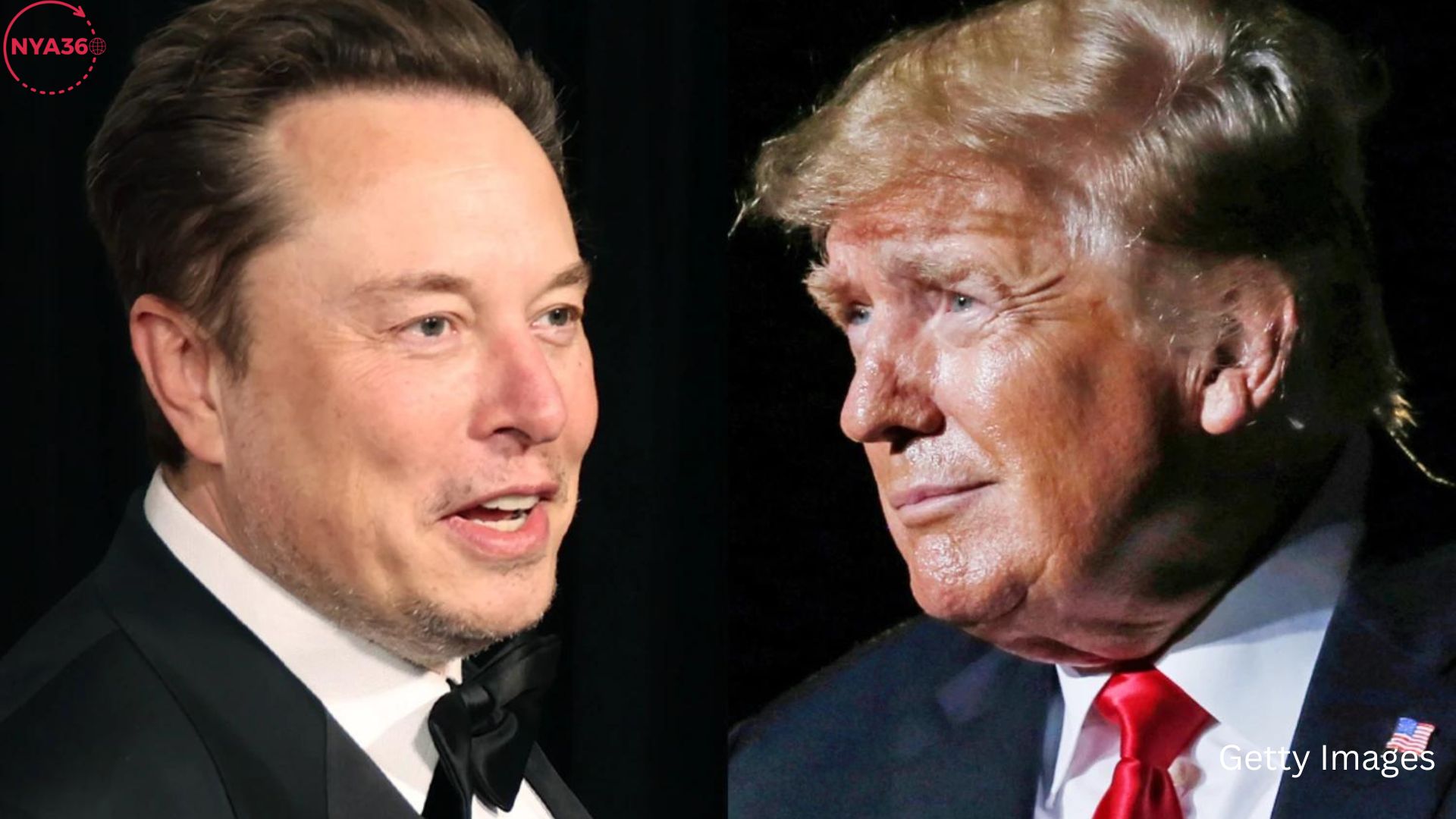The political landscape of the United States has become highly polarized, characterized by pronounced contrasts between conservative and liberal views. In this context, Elon Musk’s speculative remarks regarding Donald Trump as essential for safeguarding American democracy, along with his apprehension that a loss in the forthcoming presidential election may herald the demise of democracy, reflect wider concerns among specific segments of the American electorate. Musk’s assertions indicate an increasing apprehension among Trump supporters about the political ramifications of demographic shifts and immigration policy, particularly under the Biden administration.
Musk articulates a primary concern regarding the expedited pathway to citizenship for illegal immigrants under the current Democratic administration, which he contends jeopardizes the political system. He posits that if even 1 in 20 undocumented immigrants were to attain citizenship annually, this would yield a substantial increase in legal voters over the subsequent four years—an estimated 2 million new votes. The essence of his thesis is that many of these new citizens will probably endorse the Democratic Party, considering the party’s typically more advantageous position on immigration reform and social services.
Although population shifts can influence vote results, numerous legal and technical obstacles exist regarding the process Musk describes. The method of obtaining U.S. citizenship is lengthy and challenging, frequently requiring years or even decades to complete. Despite assertions that Democrats are expediting citizenship for undocumented immigrants, immigration laws and procedures continue to be stringently regulated, necessitating extensive documentation, background investigations, and compliance with immigration quotas. Furthermore, no substantial data indicates that a considerable segment of the undocumented population is receiving accelerated citizenship under the Biden administration. Consequently, although apprehension regarding demographic changes is legitimate, the characterization of a systematic and intentional endeavor to create voters through immigration is a contentious interpretation.
Musk underscores the slim voting margins in battleground states, frequently fewer than 20,000 votes, to illustrate the capacity for immigration to alter political dominance. Pennsylvania, Wisconsin, Ohio, and Arizona have historically been pivotal in influencing the results of presidential elections. Musk contends that if immigration laws persist without modification, swing states will cease to exist since freshly naturalized citizens—expected to favor Democrats—would ensure the party’s continuous triumphs.

This argument leverages concerns that evolving voter demographics, especially via naturalization, will marginalize conventional conservative voters. Nevertheless, the political situation is far more intricate. Although immigrants have historically favored the Democratic Party, voter preferences are not immutable; evolving policy discussions or party agendas can modify political affiliations over time. Moreover, within immigrant populations, substantial political divisions exist, especially regarding matters such as religion, economic policy, and social values. Many Latinos and Asian Americans espouse conservative perspectives on family values, small business, and religion, occasionally aligning themselves with Republican ideas.
Musk elaborates on his argument by employing California as a cautionary example. He posits that the state has effectively transformed into a one-party system after the 1986 amnesty program, which conferred legal status upon millions of undocumented immigrants. Since that time, California has continuously favored the Democratic Party in national elections, and its administration is predominantly led by Democratic officials. Musk asserts that the absence of political equilibrium has allowed California to devolve into severe socialism, referencing problems such as San Francisco’s homelessness crisis, elevated taxes, and regulatory measures as manifestations of single-party governance.
California’s Democratic dominance has significantly influenced its policy orientation; yet, attributing the state’s issues only to one-party governance neglects several contributing elements. California’s housing crisis is partially attributable to zoning regulations, economic disparity, and elevated demand for housing in urban regions. Although governance is influential, economic and structural factors are equally accountable for several of California’s most urgent challenges. The assertion that California exemplifies an unavoidable result of Democratic governance may exaggerate the impact of immigration on the state’s political orientation, as California’s demographic and economic dynamics have evolved due to other factors beyond immigration alone.
Musk’s assertions hinge on the notion that Donald Trump represents the final opportunity to avert the degradation of American democracy. He believes that the Democratic Party’s immigration policy, along with changing demographics, could ultimately transform the U.S. into a one-party state, so terminating significant elections is currently understood. He contends that absent a Trump victory, America may devolve into a reflection of nations with compromised democratic systems, wherein a single party maintains continuous dominance over the government.

Democracy in the United States is supported by a sophisticated system of checks and balances, intended to inhibit any single party or individual from wielding unrestrained power. Elections are affected by other factors outside immigration, such as economic success, public opinion, and candidate viability. Although demographic shifts might influence electoral results, it is an oversimplification to assert that one-party dominance is an unavoidable consequence of these changes. Furthermore, portraying Trump as the sole guardian of democracy may estrange others who feel that a robust democracy depends on competition, compromise, and the orderly transition of power among parties.
Elon Musk’s remarks regarding the 2024 election signify overarching concerns about demographic shifts and their implications for American democracy. Although his apprehensions over immigration and electoral changes are based on genuine political trends, the assertion that Trump is the sole candidate capable of safeguarding democracy is profoundly debatable. The robustness of American democracy resides not in the supremacy of a singular party or individual but in the continual dedication to free and fair elections, varied political representation, and the safeguarding of fundamental principles. The future of American democracy hinges on the active engagement of all citizens, rather than the dominance of a single political ideology.
Follow us on social media: Instagram, Threads & Twitter X @nya360_ YouTube & Facebook @nya360.





